x
Search results for 'k12courses.com recommends exam questions and practice tests from certkillers.net for certification students'
Show Filter
Summit Geography and World Cultures, Semester 2 (HST213B)
This course examines a broad range of geographical perspectives covering all of the major regions of the world. Students clearly see the similarities and differences among the regions as they explore the locations and physical characteristics, including absolute and relative location, climate, and significant geographical features. They look at each region from cultural, economic, and political perspectives, and closely examine the human impact on each region. Students take diagnostic tests that assess their current knowledge and generate individualized study plans, so students can focus on topics that need review. Audio readings and vocabulary lists in English and Spanish support reading comprehension.
$450.00
Summit Geography and World Cultures, Semester 1 (HST213A)
This course examines a broad range of geographical perspectives covering all of the major regions of the world. Students clearly see the similarities and differences among the regions as they explore the locations and physical characteristics, including absolute and relative location, climate, and significant geographical features. They look at each region from cultural, economic, and political perspectives, and closely examine the human impact on each region. Students take diagnostic tests that assess their current knowledge and generate individualized study plans, so students can focus on topics that need review. Audio readings and vocabulary lists in English and Spanish support reading comprehension.
$450.00
Summit Pre-Algebra, Semester 1 (MTH113A)
In this course, students take a broader look at computational and problem-solving skills while learning the language of algebra. Students extend their understanding of ratio to develop an understanding of proportions and solve problems including scale drawings, percent increase and decrease, simple interest, and tax. Students extend their understanding of numbers and properties of operations to include rational numbers. Signed rational numbers are contextualized and students use rational numbers in constructing expressions and solving equations. Students derive formulas and solve two-dimensional area problems including the area of composite figures. In three dimensions, students find surface area using formulas and nets. Students also compute the volume of three-dimensional objects including cubes and prisms. Students make use of sampling techniques to draw inferences about a population including comparative inferences about two populations. Students also investigate chance processes through experimental and theoretical probability models. This is the first semester of a two semester course.From: $450.00
Summit Math Plus Yellow (5) (Independent Study)
This research-based course focuses on computational fluency, conceptual understanding, and problem-solving. The engaging course features new graphics, learning tools, and games; adaptive activities that help struggling students master concepts and skills before moving on; and more support for Learning Coaches to guide their students to success. This course for students in Grade 5 investigates whole numbers through practical situations in rounding, exponents and powers, and elementary number theory. Students begin addition and subtraction of integers and apply all of their work with rational numbers to problem-solving experiences. The study of algebra includes work with variables, solving equations and inequalities, using formulas within geometry and measurement, and work within the coordinate system. The study of geometry encompasses properties of lines, angles, two- and three-dimensional figures, and formal constructions and transformations.From: $24.00
Summit Pre-Algebra, Semester 2 (MTH113B)
In this course, students take a broader look at computational and problem-solving skills while learning the language of algebra. Students extend their understanding of ratio to develop an understanding of proportions and solve problems including scale drawings, percent increase and decrease, simple interest, and tax. Students extend their understanding of numbers and properties of operations to include rational numbers. Signed rational numbers are contextualized and students use rational numbers in constructing expressions and solving equations. Students derive formulas and solve two-dimensional area problems including the area of composite figures. In three dimensions, students find surface area using formulas and nets. Students also compute the volume of three-dimensional objects including cubes and prisms. Students make use of sampling techniques to draw inferences about a population including comparative inferences about two populations. Students also investigate chance processes through experimental and theoretical probability models. This is the second semester of a two semester course.From: $450.00
Summit Math Plus Purple (3) (Independent Study)
This research-based course focuses on computational fluency, conceptual understanding, and problem-solving. The engaging course features new graphics, learning tools, and games; adaptive activities that help struggling students master concepts and skills before moving on; and more support for Learning Coaches to guide their students to success. This course for students in Grade 3 provides a quick overview of whole number addition and subtraction, but has a greater focus on whole number multiplication and division, encompassing early algebraic thinking. Decimals are studied in relationship to place value and money, and fractions are addressed through multiple representations and probability. Students are introduced to specific methods and strategies to help them become more effective problem solvers. Geometry and measurement are addressed through the study of two- and three-dimensional shapes, early work with perimeter, area, and volume, and applying measuring techniques to time, length, capacity, and weight.From: $24.00
Summit Math Plus Red (4) (Independent Study)
This research-based course focuses on computational fluency, conceptual understanding, and problem-solving. The engaging course features new graphics, learning tools, and games; adaptive activities that help struggling students master concepts and skills before moving on; and more support for Learning Coaches to guide their students to success. This course for students in Grade 4 moves into applications and properties of operations. Students work with simple fraction and decimal operations, which are applied in the study of measurement, probability, and data, and mathematical reasoning techniques. Students begin the study of equivalencies between fractions and decimals on the number line and early work with integers. Algebraic thinking is developed as students work with variables, coordinate graphing, and formulas in problems involving perimeter, area, and rate. Geometry is extended into greater classification of shapes and work with lines, angles and rotations.From: $24.00
Summit Practical Math (Summer Condensed Semester 2) (MTH307BS)
This is the second semester of a two part course, offered over a condensed 4 week term.
In this course, students use math to solve real-world problems—and real-world problems to solidify their understanding of key mathematical topics. Data analysis, math modeling, and personal finance are key themes in this course. Specific topics of study include statistics, probability, graphs of statistical data, regression, finance, and budgeting. In addition, students learn how to use several mathematical models involving algebra and geometry to solve problems. Proficiency is measured through frequent online and offline assessments as well as class participation. Units focused on projects also allow students to apply and extend their math skills in real-world cases.
From: $450.00
Summit Practical Math (Summer Condensed Semester 1) (MTH307AS)
This is the first semester of a two part course, offered over a condensed 4 week term.
In this course, students use math to solve real-world problems—and real-world problems to solidify their understanding of key mathematical topics. Data analysis, math modeling, and personal finance are key themes in this course. Specific topics of study include statistics, probability, graphs of statistical data, regression, finance, and budgeting. In addition, students learn how to use several mathematical models involving algebra and geometry to solve problems. Proficiency is measured through frequent online and offline assessments as well as class participation. Units focused on projects also allow students to apply and extend their math skills in real-world cases.
From: $450.00
Summit US and Global Economics (Summer Condensed) (HST413S)
This course is offered over a condensed 4 week term.
In this course on economic principles, students explore choices they face as producers, consumers, investors, and taxpayers. Students apply what they learn to real-world simulation problems. Topics of study include markets from historic and contemporary perspectives; supply and demand; theories of early economic philosophers such as Adam Smith and David Ricardo; theories of value; money (what it is, how it evolved, the role of banks, investment houses, and the Federal Reserve); Keynesian economics; how capitalism functions, focusing on productivity, wages, investment, and growth; issues of capitalism such as unemployment, inflation, and the national debt; and a survey of markets in such areas as China, Europe, and the Middle East.
$450.00
Summit US Government and Politics (Summer Condensed) (HST403S)
This course is offered over a condensed 4 week term.
This course studies the history, organization, and functions of the United States government. Beginning with the Declaration of Independence and continuing through to the present day, students explore the relationship between individual Americans and our governing bodies. Students take a close look at the political culture of our country and gain insight into the challenges faced by citizens, elected government officials, political activists, and others. Students also learn about the roles of political parties, interest groups, the media, and the Supreme Court, and discuss their own views on current political issues.
$450.00
NEED MORE INFO
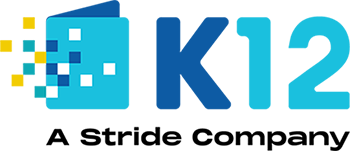
THANK YOU!
We have received your inquiry and you will start to receive additional information about our school offerings and programs. An enrollment consultant will contact you shortly.
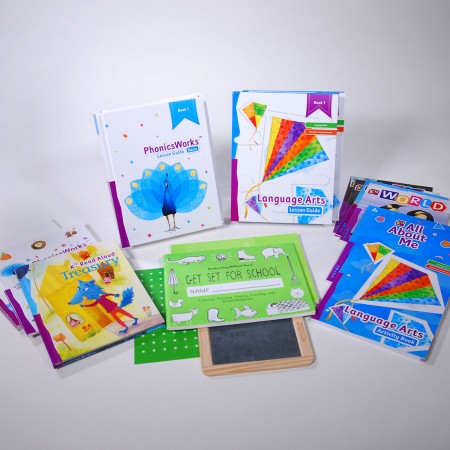



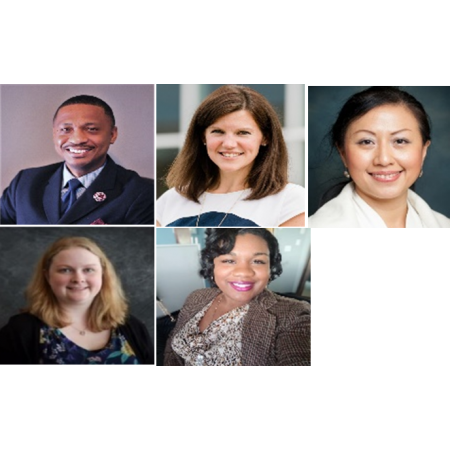



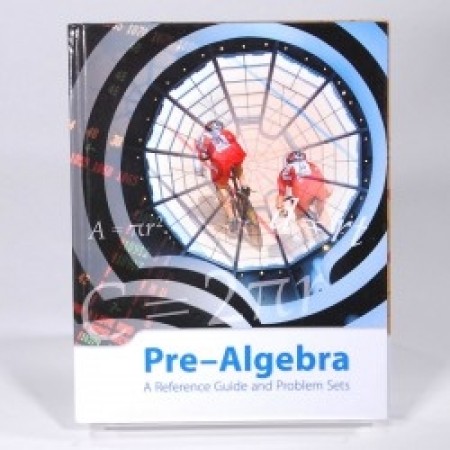

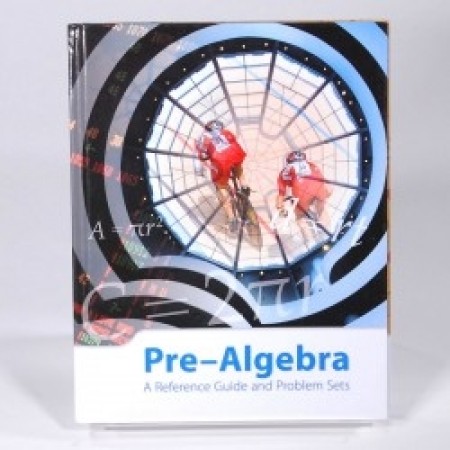

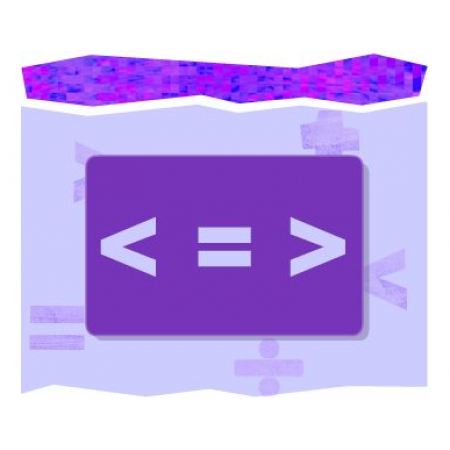
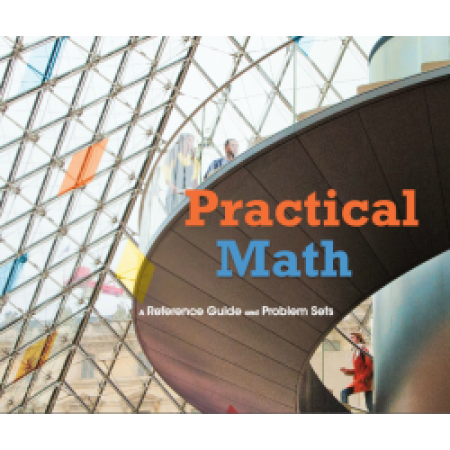
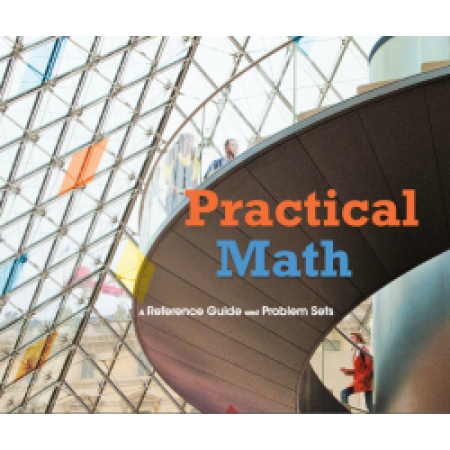


In this comprehensive course, students follow the history of the world from approximately 1870 to the present. They begin with a study of events leading up to 1914, including the Second Industrial Revolution and the imperialism that accompanied it. Their focus then shifts to the contemporary era, including two world wars, the Great Depression, and global Cold War tensions. Students examine both the staggering problems and astounding accomplishments of the twentieth century, with a focus on political and social history.